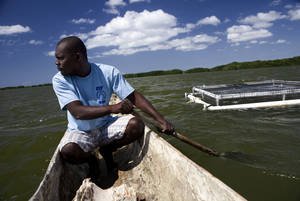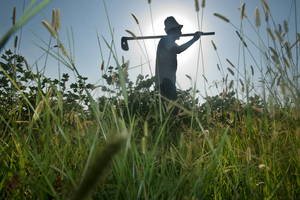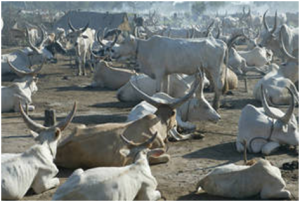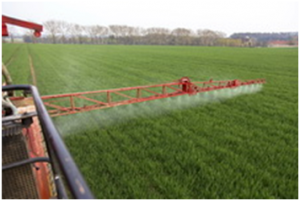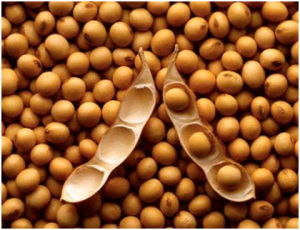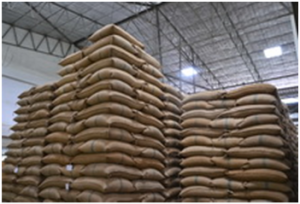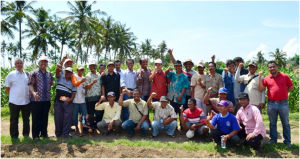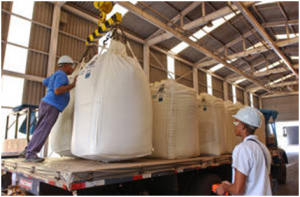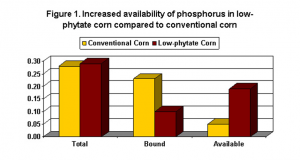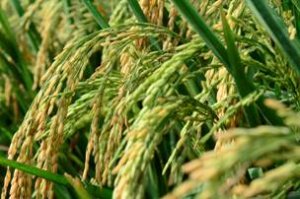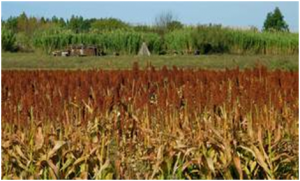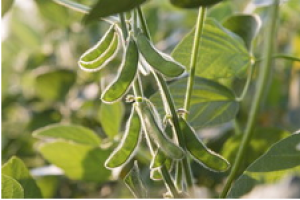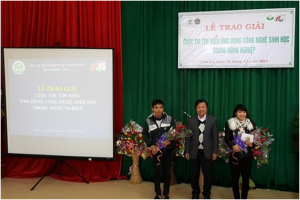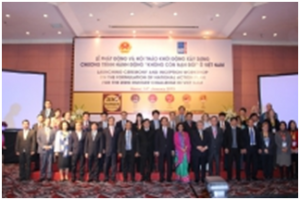|
FAO (Vietnam) 12/04/2016
Strong and secure forest tenures for forest-dependent communities in Viet Nam are a necessary condition for improved income and sustainable livelihoods. Strengthening forest tenure systems in the country is necessary if forest-dependent communities are to benefit from forests and forestry activities, as weak and contested tenures commonly results in conflict.
To address this issue, FAO has prepared a set of voluntary guidelines, ‘Voluntary Guidelines on the Responsible Governance of Tenure of Land, Fisheries and Forests’, to improve governance of tenures of land, fisheries and forests. The key objective of the guidelines is to identify and recognize the legitimate owners of these resources and safeguard their rights.
Taking the principles of the voluntary guidelines as a reference point, FAO’s Technical Cooperation Programme (TCP) rolled out a project in Viet Nam in September 2014 named “Strengthening Forest Tenures for Sustaining Livelihoods and Generating Income”, that is also being piloted in Cambodia and Nepal.
Following the first multi-stakeholder policy dialogue in 2015 with Government to discuss forest land tenures and relationships to livelihoods and income in TCP pilot countries, a second dialogue was held in Ha Noi on 11 April to develop a more concrete action plan, implementation strategies and clarify roles and responsibilities of each stakeholder.
The final action plan included both short-term and medium term goals to address policy gaps and capacity gaps. In order to improve the policy gaps, participants agreed on the Ministry of Agriculture and Rural Development (MARD) to take responsibility in supplementing and completing a number of policies that are insufficient or inappropriate in the short term. In the medium term, a specialized organization with functions of forest tenure management will be established. The action plans will ensure their commitment to move forward to figure policy and capacity gaps related to forest land tenures and livelihoods in the country.
“This dialogue has provided opportunities to discuss details on findings and outcomes of an assessment conducted last year on forest tenure policies and legislation as well as institutional capacity in Viet Nam. More importantly, this close look at the findings of the assessments helped sharpen our strategies and recommendations to address the identified policy and capacity gaps as well as develop specific short and medium-term action plans,” said JongHa Bae, FAO Representative in Viet Nam.
Participants of the second policy dialogue included representatives from Government agencies, development partners, experts, non-government and civil society organizations as well as academics.
A Training of Trainers (ToT) on “Transforming Forest Tenure Conflict- Developing Collaboration and Collective Action” was also organized in Hoa Binh Province from 12-14 April to enable key stakeholders, including facilitators, policy and decision makers and trainers, to steer and support conflict sensitive processes aimed at strengthening forest tenure that contribute to improved livelihoods and income of forest dependent people.
See http://www.fao.org/vietnam/news/detail-events/en/c/410038/
|
[ Other News ]___________________________________________________
|


 Curently online :
Curently online :
 Total visitors :
Total visitors :
